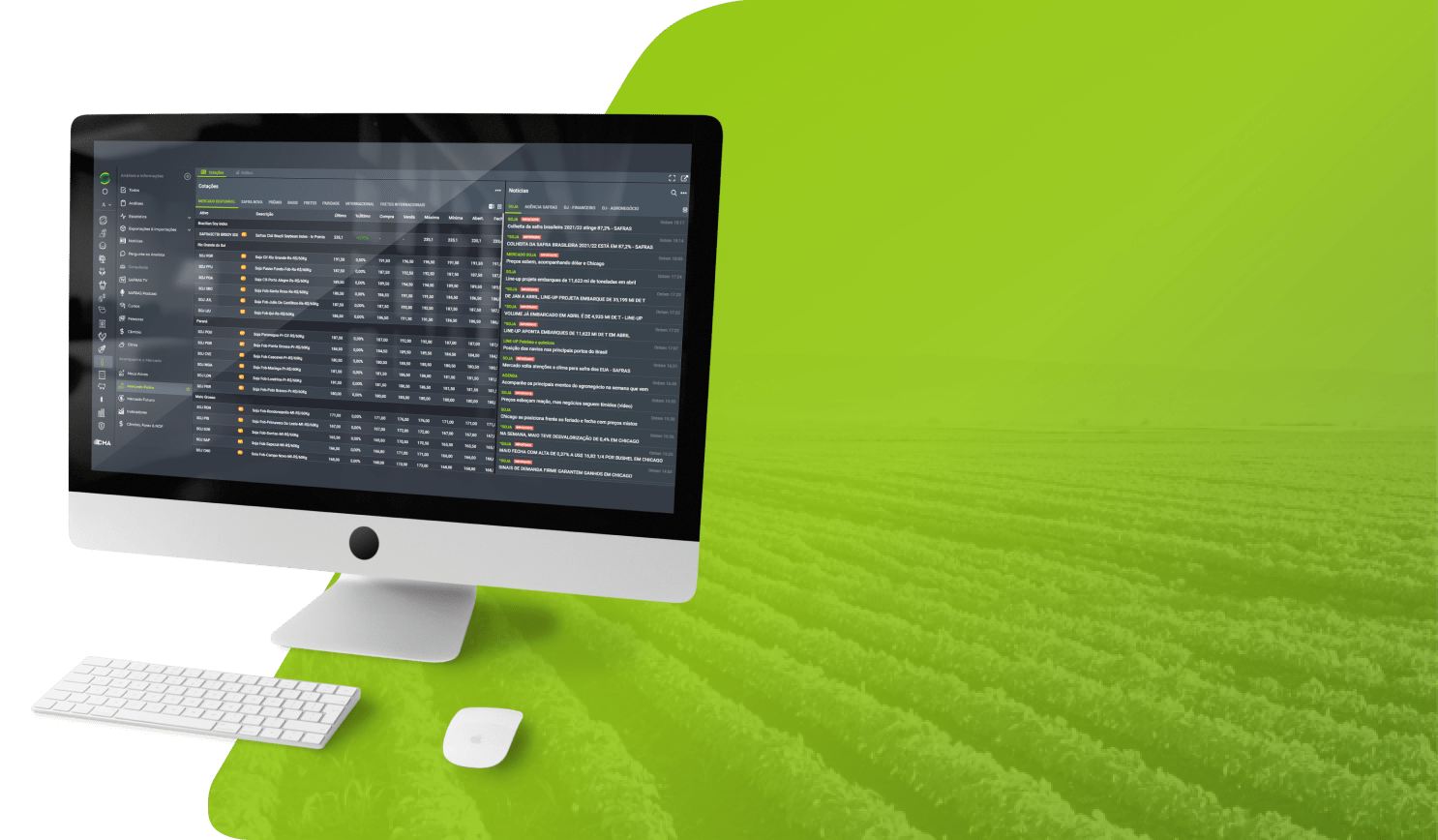Although the frost in Brazil made prices soar in the physical domestic market, this did not cause a significant increase in the flow of business. The production losses of Brazil’s 2021 crop and the potential losses in Brazil’s 2022 season must reduce the Brazilian supply for the next two years. Although prices are very attractive, at first, caution has prevailed among sellers due to doubts about the Brazilian productive potential. The bet on even higher prices also favored this shorter posture of sellers.
There is still no accurate dimension of the frost losses. Preliminarily, SAFRAS estimates they must stay between 7% and 12% of the production potential of 2022. But a clearer picture will only come out after the rainfall and with the first blossoming of Brazil’s 2022 crop. Meanwhile, uncertainty should hold back the selling momentum. The prices of the best coffees are still above the reference of BRL 1000 per bag and, even so, business remains sluggish. A relatively strong dollar contributes to the firmness of prices. A little better activity was only seen in the Matas de Minas region, which was not affected by the frosts, and with conillon, stimulated by the strong demand for domestic roasted and ground coffee.
Thus, until August 10, sales of the 21/22 crop reached 53% of the expected production, according to SAFRAS monthly monitoring. Even with the growers’ caution, the sales flow continues slightly above the same period last year when 51% of the crop had been sold, and well above the 5-year average for the period, which is around 40%.
Arabica sales account for 52% of Brazil’s 2021 crop. Even with a more measured posture, growers sustain a flow of sales only slightly below the same period last year when 53% of the crop had been sold. But that is still well above the average for the period, which is around 39% of the expected production. The high percentage of commitment on the part of growers, especially in Mogiana (SP) and the Cerrado and south of Minas Gerais, justifies the behavior of sellers, despite the price escalation.
The positive highlight once again is on conillon sales. Demand from the domestic industry, particularly for roasted and ground coffee, helped to boost prices in the domestic market. The price of conillon was above BRL 600 per bag, which brought more sellers to the market. As a result, conillon sales reached 55% of Brazil’s 2021 crop, up 9% from the previous month. They easily surpass the 45% sold in the same period last year, as well as the 44% of the 5-year average for the month of July.





